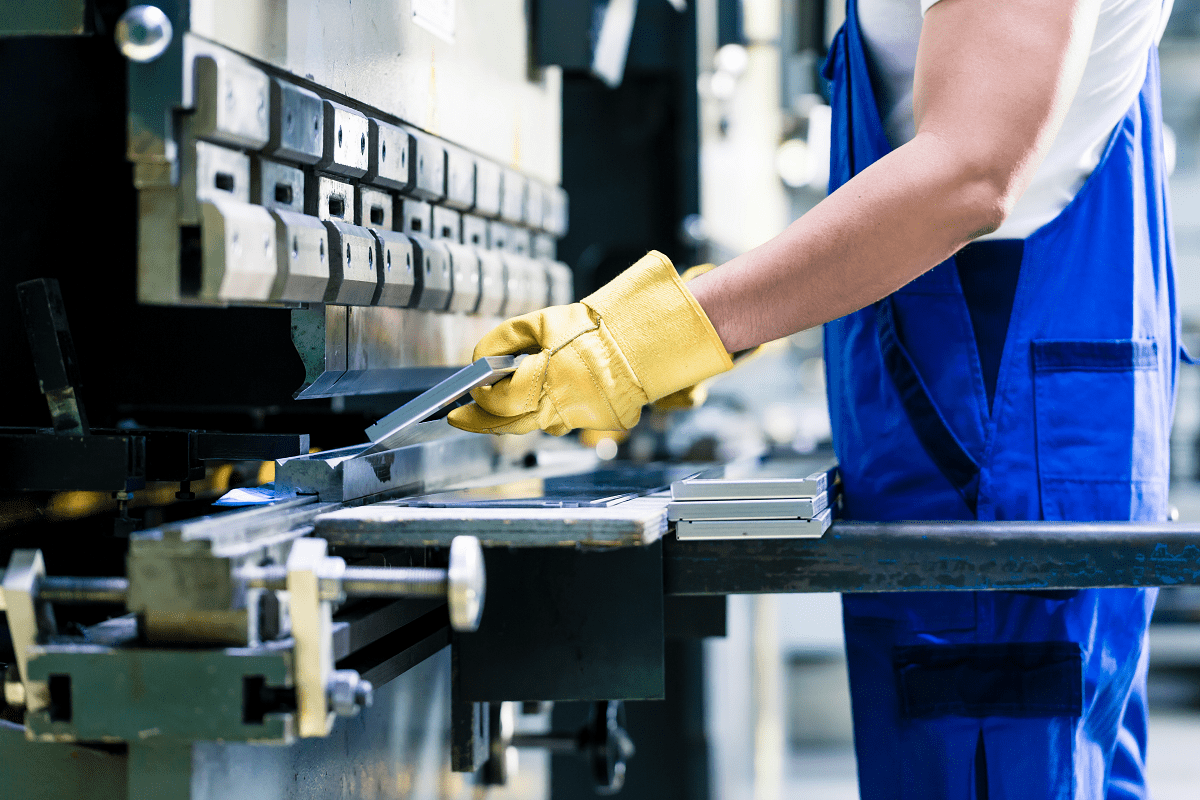Chromium alloys are metallic alloys that contain at least 10.5% chromium by mass. Chromium is a lustrous, shiny, silver chemical element that is frequently found in rare, aesthetic pieces such as designer jewelry, as well as everyday pieces such as stainless steel equipment housing that is found on the front of many residential appliances.
Depending on where chromium alloys are used (e.g., a commercial kitchen) they can accumulate a significant layer of grease in a relatively short period of time. In order to clean away the accumulation, a professional, stainless steel compliant degreaser is often sprayed on or wiped on the surface. Or, alternatively, the soiled pieces are placed in a parts washing system whose cleaning agent complies with the chemical structure of chromium.
Two Configurations of Parts Washing Systems
Two types of parts washing systems are generally used for the metal degreasing process for chromium alloys: automatic parts washing systems that move workpieces through the cleaning chamber using a belt style operation that resembles a conveyor belt, and single-batch washing systems that thoroughly wash one batch at a time.
The second option is generally preferred for precision, high-performance parts that must be exceptionally clean (e.g. aerospace parts and auto parts), while the first option is an excellent solution for parts that have basic cleaning needs and must be processed quickly. The effectiveness of either process, of course, depends on the thoroughness of the metal degreasing process that is applied, both in terms of duration and degreasing agent.
Can Furnaces Perform the Metal Degreasing Process?
Chromium alloys are typically placed inside furnaces, such as atmosphere-controlled continuous furnaces, vacuum furnaces, and bell annealers, to facilitate a specific type of heat treating, such as: brazing, annealing, hardening, and/or stress relieving. In most cases, the metal workpieces are thoroughly cleaned before they enter the furnace to prevent traces of oxide from forming on the surface of the pieces while heat is applied.
Grease left on the surface of a piece, for example, could form a stable layer of oxide when the heat treating process reaches it peak temperature, and then subsides. Even so, all is not lost if this happens. The resultant oxide can be sandblasted, brushed away, or ground away, using special metal restoration tools and machines. However, with that said, such processes essentially increase turnaround time and are therefore undesirable in most cases, especially when an order is in the midst of being processed for a client.
The Metal Degreasing Process is the Best Option
Whether you need to degrease a chromium alloy to prepare it for heat treatment or simply to keep it looking great for the appearances in your company or organization, Ecolink can supply solutions that are as friendly to the environment as they are to your chromium alloy cleaning processes. To get started on receiving the best, professional grade degreaser for your needs, please call us today at (800) 563-1305, or use our contact form, to speak with one of our product specialists.















